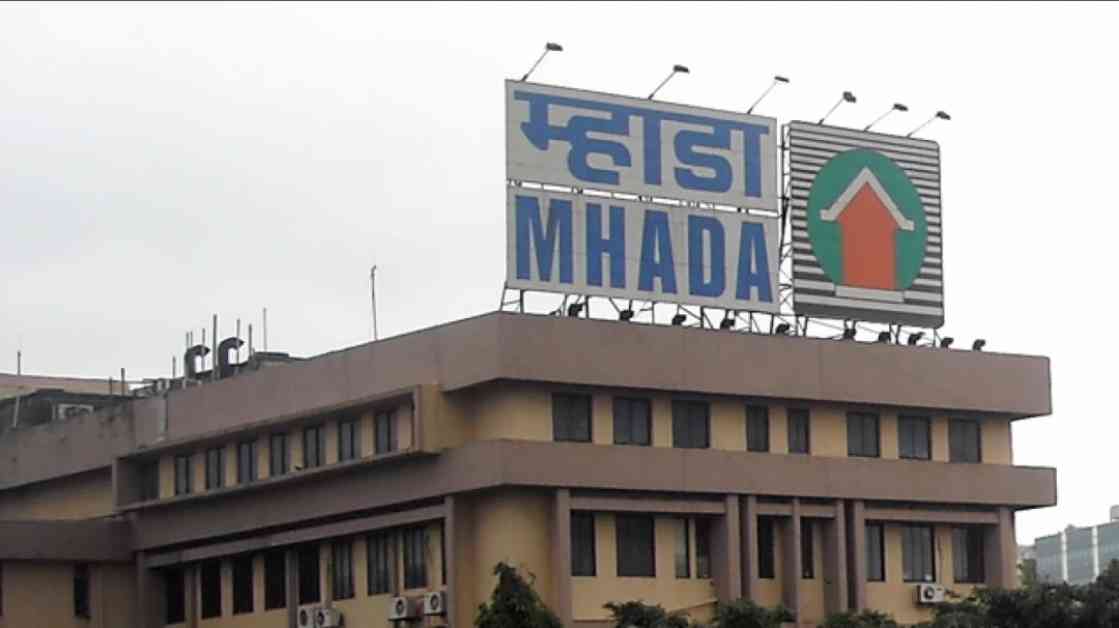Affordable Housing Alert: MHADA Slashes Prices of 370 Apartments by 10-25%
The Maharashtra Housing and Area Development Authority (MHADA) has made a groundbreaking announcement that is set to benefit hundreds of potential homeowners in Mumbai. In a move aimed at addressing the housing needs of various income groups, MHADA has decided to reduce the prices of 370 apartments by 10 to 25 percent. These apartments are part of the Mumbai Board Lottery and have been made available through redevelopment projects under DCR 33(5), 33(7), and 58.
Of the 370 homes, 226 have been earmarked for economically weaker section and low-income group applicants, while 118 units are allocated for the middle-income group category. Additionally, there are 24 high-income group units up for grabs. This reduction in prices comes as a welcome relief for many aspiring homeowners, especially in a city like Mumbai where real estate prices can often be prohibitive.
Minister of Housing for the Government of Maharashtra, Atul Save, has also urged real estate developers to step up and invest in building 1.25 lakh houses for mill workers in Mumbai. This call to action highlights the ongoing efforts to address the housing crisis in the city and ensure that affordable housing remains a key priority for the government.
MHADA’s decision to slash prices on these surplus homes is a strategic move to make homeownership more accessible to a wider range of individuals. The organization currently has a stock of 2000 houses, with a staggering 30,000 applications already received. This overwhelming response underscores the pressing need for affordable housing options in Mumbai and the importance of initiatives like the Mumbai Board Lottery in meeting this demand.
Application Deadline Extended
Originally scheduled to close on September 4, the application process for the ongoing lottery in the Mumbai board has been extended to September 19. This extension provides more time for interested individuals to apply and gives them a chance to take advantage of the reduced prices on offer. With over 1 lakh applications received in 2023, the demand for affordable housing in Mumbai is clearly immense.
Impacts of Price Reductions
The detailed reductions in prices for different income groups are as follows:
– 25% cut for the Economically Weaker Section (EWS)
– 20% for the Low-Income Group (LIG)
– 15% for the Middle-Income Group (MIG)
– 10% for the High-Income Group (HIG)
These price reductions are significant and will make a substantial difference in the affordability of these homes for applicants from various income brackets. This move by MHADA is a step in the right direction towards promoting inclusivity and ensuring that housing remains within reach for all segments of society.
This marks the first time that surplus homes in prime areas of South Bombay such as Tardeo, Worli, and Mumbai Central are being offered in the Mumbai lottery. Despite the high prices typically associated with these locations, the reduced prices offer a rare opportunity for individuals to own a home in these sought-after areas at a more affordable rate.
The response to these reduced prices has been overwhelmingly positive, with many applicants seizing the opportunity to secure a home in prime locations like Tardeo. The Tardeo flat, originally priced at over Rs 7.5 crore, will now be available at a more accessible Rs 6.8 crore. Similarly, a unit in Vikhroli, which was previously priced at around Rs 38 lakh, will now be priced at approximately Rs 29 lakh. These price adjustments are set to benefit a large number of aspiring homeowners and represent a significant cost-saving opportunity.
In conclusion, MHADA’s decision to slash prices on 370 apartments in the Mumbai Board Lottery is a commendable move that will have far-reaching impacts on the housing landscape in Mumbai. By making homeownership more affordable and accessible to a wider range of income groups, MHADA is playing a crucial role in addressing the housing needs of the city’s residents. This initiative sets a positive precedent for future affordable housing projects and underscores the importance of prioritizing housing affordability in urban development plans.




















